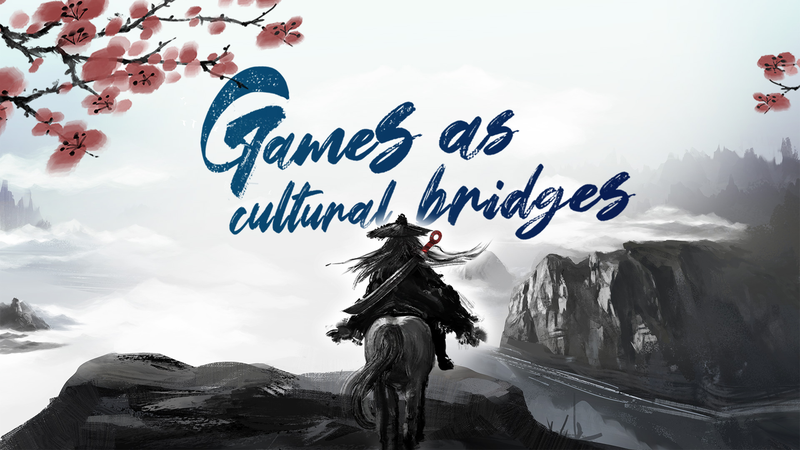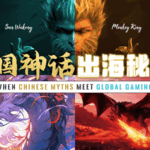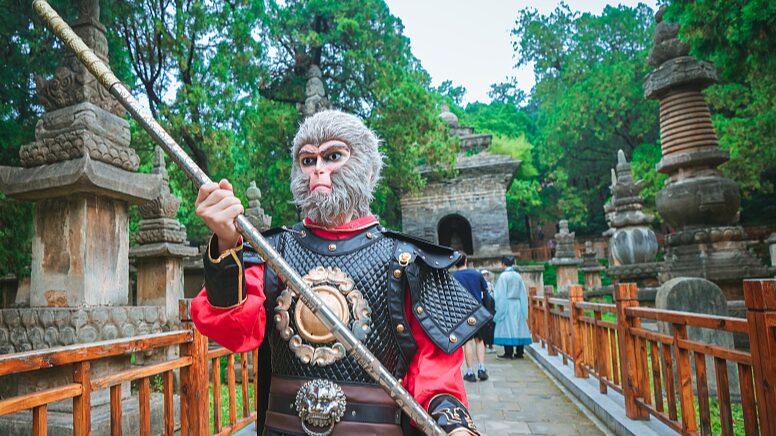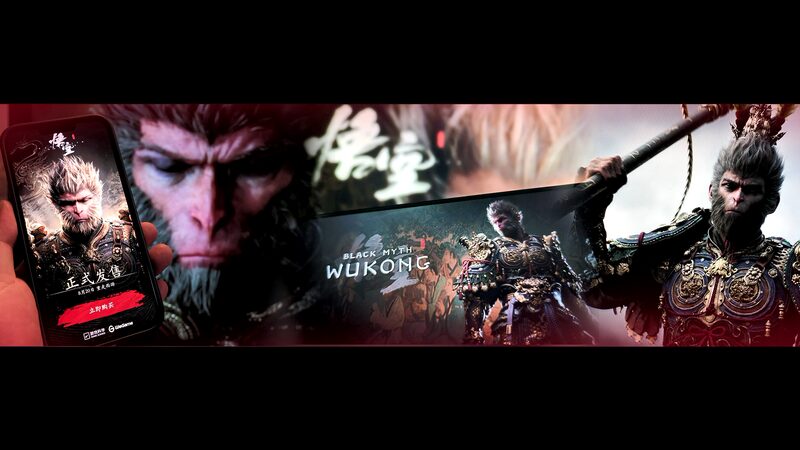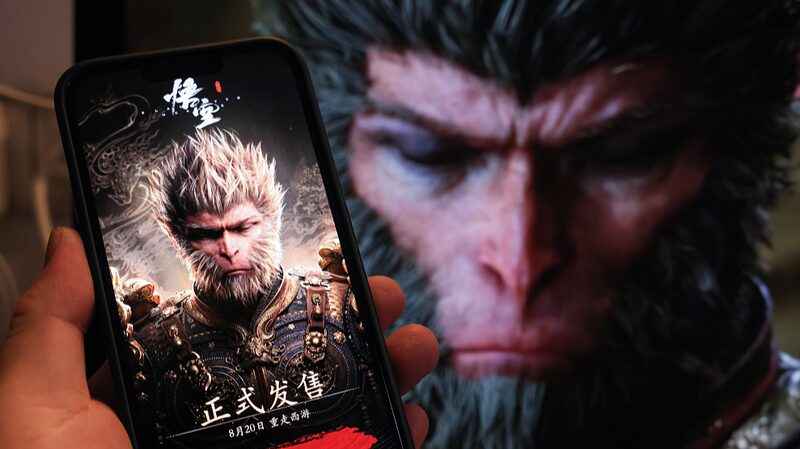When players worldwide recently explored ancient Chinese temples in the hit game Black Myth: Wukong, they sparked an unexpected cultural renaissance. International streamers began live-reading the 16th-century novel Journey to the West, while fan-created mythology databases proliferated online. Real-world heritage sites featured in the game reported 300% increases in visitor numbers – tangible proof of gaming's power to drive cross-cultural engagement.
This phenomenon exemplifies what scholars call experiential authenticity – the ability of interactive media to create visceral cultural understanding through gameplay mechanics rather than passive observation. "Games don't just show culture, they let you live it," explains Felania Liu, a game studies scholar at Beijing Normal University. "When players make choices within a game's value system, they gain intuitive understanding that transcends language barriers."
From Spectators to Participants
Traditional cultural exports often focus on thematic authenticity – accurate representation of symbols and aesthetics. But as Liu notes: "It's the difference between displaying a Ming vase in a museum versus letting someone experience the craftsmanship process through virtual reality."
The 2013 indie game Papers, Please demonstrated this principle by casting players as border checkpoint officers in a fictional authoritarian state. Through its bureaucratic gameplay mechanics, players directly grappled with moral dilemmas around nationalism and human dignity – creating deeper political understanding than any documentary could achieve.
The New Cultural Frontier
As Asia's $86 billion gaming industry continues growing, developers are increasingly encoding regional philosophies into game systems. Chinese martial arts games might emphasize wu-wei (effortless action), while Japanese titles often reflect mono no aware (appreciation of impermanence).
"This isn't about cultural appropriation, but cultural conversation," Liu emphasizes. "When a Swedish player internalizes Chinese strategic thinking through Three Kingdoms games, or when Chinese youth explore Norse mythology through God of War, we're witnessing a new form of global dialogue."
As heritage sites capitalize on gaming tourism and universities develop game-based cultural literacy programs, the industry is proving that play might be humanity's most universal language.
Reference(s):
Games as cultural bridges: The power of experiential authenticity
cgtn.com
